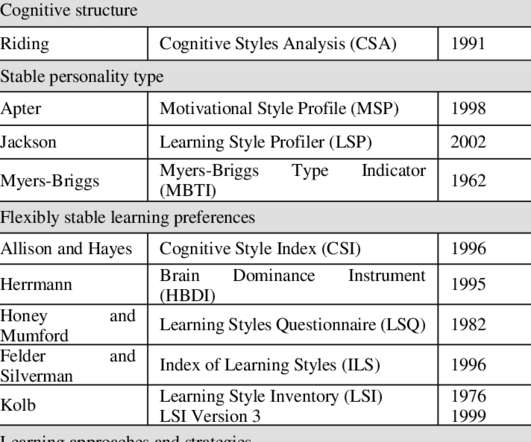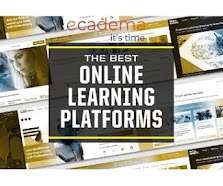The New Microsoft Surface Tablet and the Rear-view Mirror Effect [Mobile]
mLearning Revolution
JUNE 20, 2012
This became known as the rear-view mirror effect. And I saw this effect again yesterday as I watched Microsoft unveiled their upcoming Tablet called Surface. In fact I think Microsoft’s latest move epitomizes what Mr. McLuhan meant by the rear-view mirror effect. RJ Jacquez (@rjacquez) June 20, 2012.












































Let's personalize your content